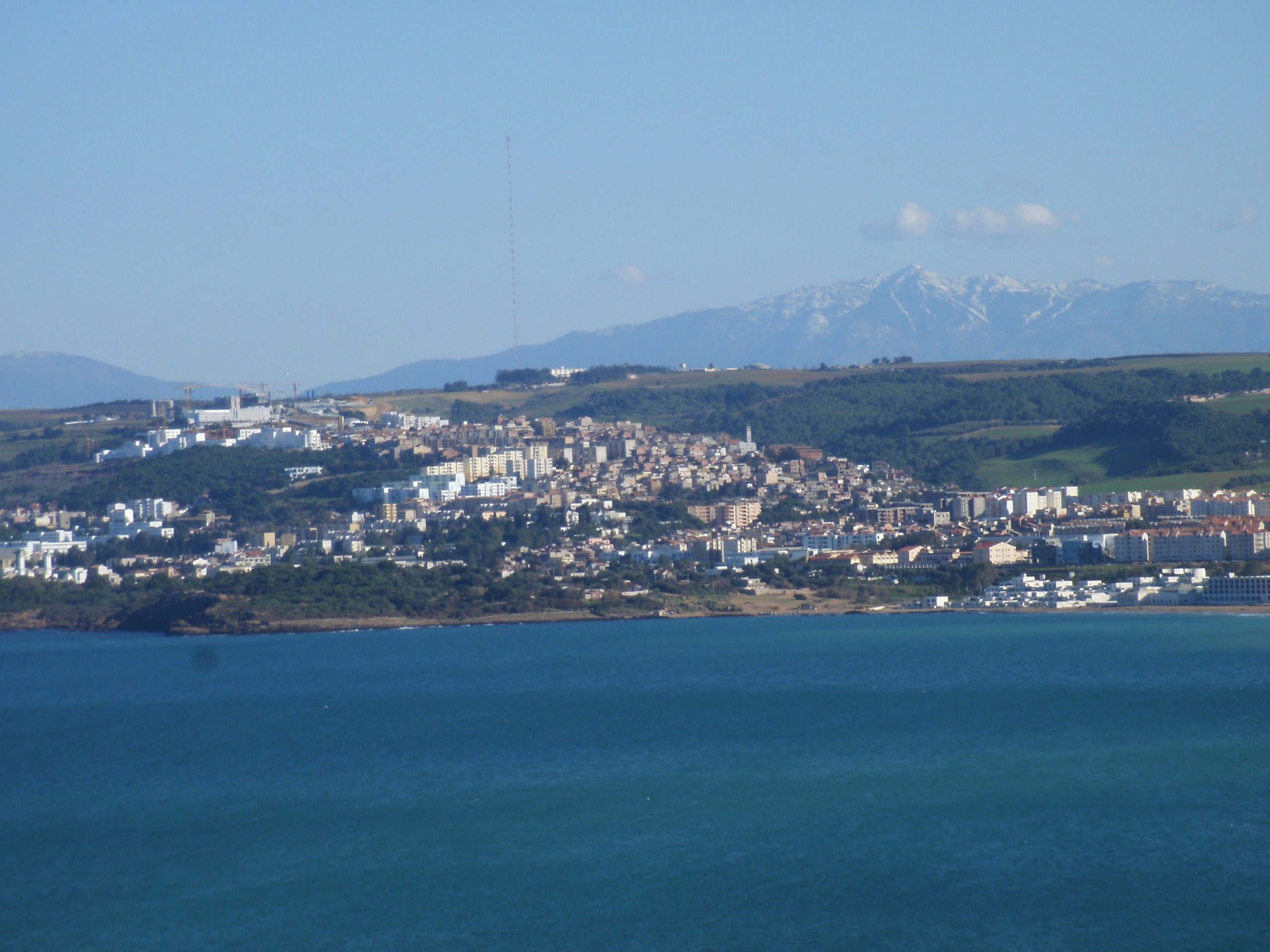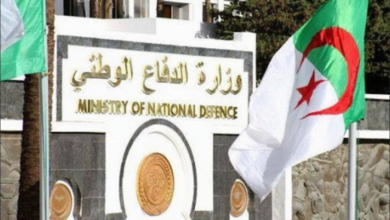
Ministry of Water Resources has launched a study to complete a seawater desalination plant in Tipaza, with the aim of strengthening the province’s capabilities in the field of drinking water supply, said today the local director of the sector.
Ali Ben Badi revealed that a technical committee made up of central executives from the Ministry of Water Resources, as well as from the Sector Directorate in Tipaza, the “SEAAL” company and the Studies Office, inspected and proposed, last week, sites on the coastal line of the Wilaya of Tipaza in order to complete a desalination plant with a production capacity of more than 100,000 cubic meters per day.
He added that the project falls within the framework of the strategy of Sector’s Ministry to gradually move towards unconventional water, that is, seawater desalination plants, and not to rely on dams that have proven their limitations every time there is a shortage in rainfall, which constitutes a deficit in supplying citizens with this vital substance.
The project also aims, according to the sector director, to ensure that the residents of the province are supplied with drinking water and to cover the deficit recorded in the field and in the long term, highlighting that a number of sites eligible to host the seawater treatment plant have been examined.
Those sites are located on the coastal line of each of the municipalities of Gouraya, Hajret Enos , Sidi Guilas, Cherchell, Tipaza, Ain Tagourayt and Bouasmail, according to Ben Badi, who expected the choice to fall on Oued Esebt in Gouraya which was previously destined to host the same project before it was frozen.
On the other hand, Ben Badi revealed that the completion of 33 artesian wells will soon be completed, 20 of which were registered as part of the emergency program, whose completion work began early this year.
In this context, he said that the percentage of progress in the works of these wells, whose production capacity is estimated at 40 thousand cubic meters per day, has reached about 80 percent, and is expected to be delivered at the end of next June at the latest.
It’s worth noting that the province of Tipaza recorded this year a deficit in the production of drinking water, estimated at 55 thousand cubic meters per day, after the water level of the Boukerdan Dam, with a capacity of 25 million cubic meters, decreased to record levels estimated at only 2 million cubic meters due to drought, which pushed public authorities to consider an urgent program to remedy this deficiency, according to the same source.





